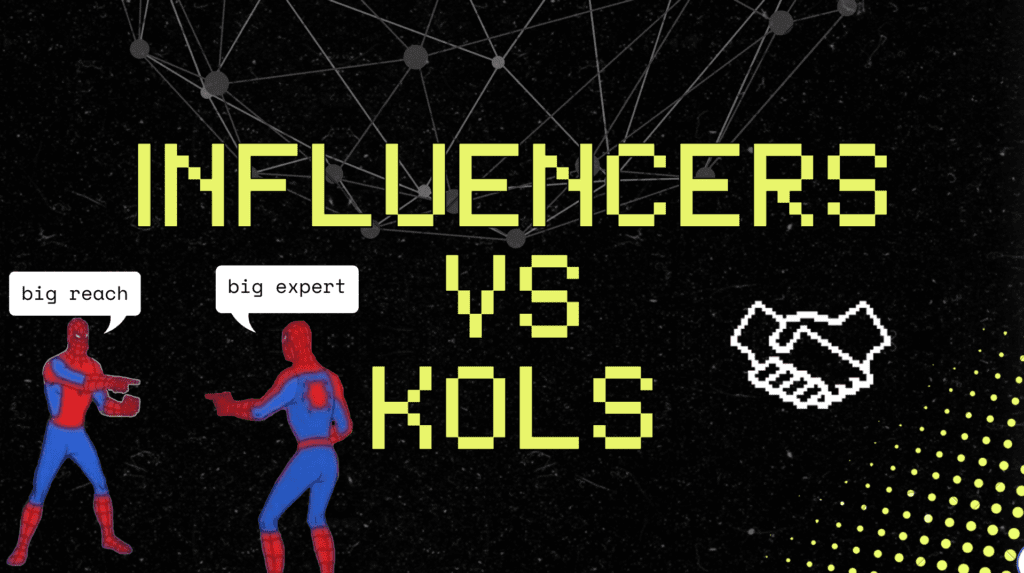-
 By
thekollab
By
thekollab
- 3 min read
Breaking: sources report severe “GM” outbreaks across the entire web3 industry this morning | officials are appealing for any information that leads to the instigator
Breaking: INFAMOUS CRYPTO-TWITTER KOL “TRADERSZ” GETS DOXXED | KYC documentation was deliberately posted on Twitter
Breaking: sources report severe “GM” outbreaks across the entire web3 industry this morning | officials are appealing for any information that leads to the instigator
Breaking: 9 FTX influencers are being sued for shilling the fallen CEX | Bitboy fires back with a countersuit



